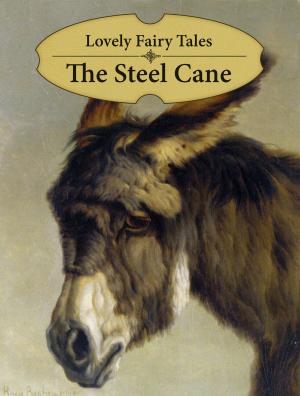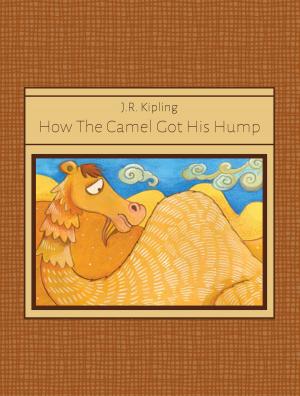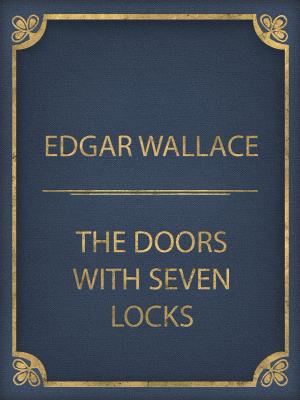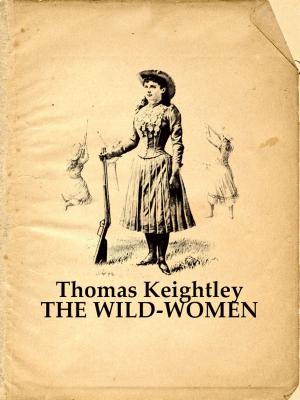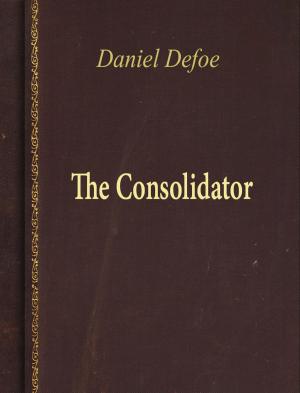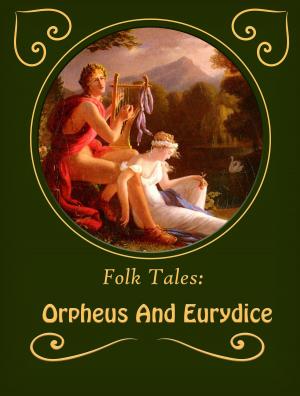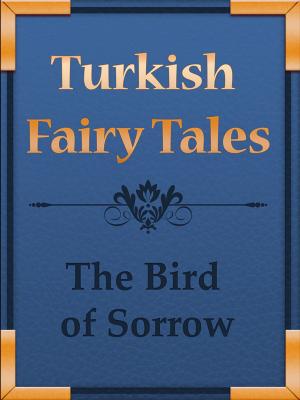| Author: | Ambrose Bierce | ISBN: | 1230000394581 |
| Publisher: | Media Galaxy | Publication: | April 29, 2015 |
| Imprint: | Language: | English |
| Author: | Ambrose Bierce |
| ISBN: | 1230000394581 |
| Publisher: | Media Galaxy |
| Publication: | April 29, 2015 |
| Imprint: | |
| Language: | English |
A story “The thing at Nolan” is a mysterious story of May family. Mr. May’s family consisted of a wife, an adult son and two young girls. The son’s name was John - the names of the daughters are unknown to the writer of this sketch. John May was of a morose and surly disposition, not easily moved to anger, but having an uncommon gift of sullen, implacable hate. His father was quite otherwise; of a sunny, jovial disposition, but with a quick temper like a sudden flame kindled in a wisp of straw, which consumes it in a flash and is no more. Once there was a big argue between father and son and Charles (father) hit John to the face. The son just said “You will die for that.” One Sunday morning Charles left the house immediately after breakfast. He said he was going to make an excavation at a certain spring in a wood about a mile away, so that the cattle could obtain water. John remained in the house for some hours, variously occupied in shaving himself, writing letters and reading a newspaper. His manner was very nearly what it usually was; perhaps he was a trifle more sullen and surly. And so happened that John returned home alone and his father didn’t. John panicked and cried something about a crime that he did. So John was arrested for a murder of Charles but nobody saw the body of a “dead man”. Was John really guilty? Read the story to find out.
A story “The thing at Nolan” is a mysterious story of May family. Mr. May’s family consisted of a wife, an adult son and two young girls. The son’s name was John - the names of the daughters are unknown to the writer of this sketch. John May was of a morose and surly disposition, not easily moved to anger, but having an uncommon gift of sullen, implacable hate. His father was quite otherwise; of a sunny, jovial disposition, but with a quick temper like a sudden flame kindled in a wisp of straw, which consumes it in a flash and is no more. Once there was a big argue between father and son and Charles (father) hit John to the face. The son just said “You will die for that.” One Sunday morning Charles left the house immediately after breakfast. He said he was going to make an excavation at a certain spring in a wood about a mile away, so that the cattle could obtain water. John remained in the house for some hours, variously occupied in shaving himself, writing letters and reading a newspaper. His manner was very nearly what it usually was; perhaps he was a trifle more sullen and surly. And so happened that John returned home alone and his father didn’t. John panicked and cried something about a crime that he did. So John was arrested for a murder of Charles but nobody saw the body of a “dead man”. Was John really guilty? Read the story to find out.

